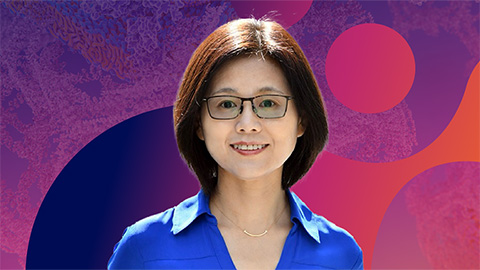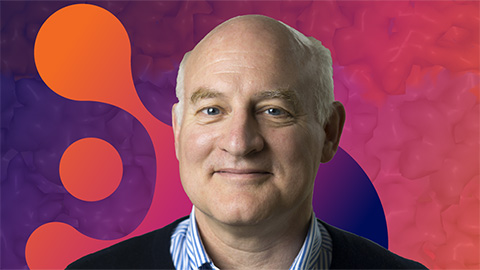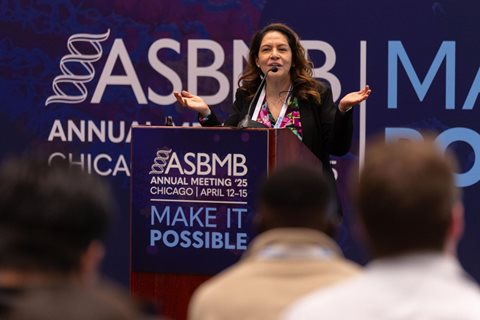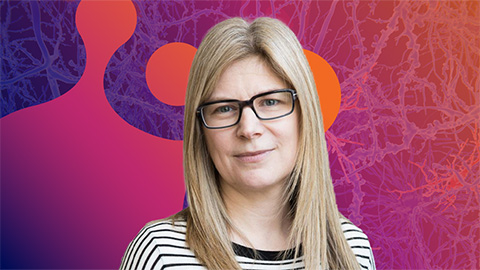The surprising comfort of learning objectives
As many educators move from the classroom to online teaching, we are inundated with resources to help us make the transition, including videos, guides and apps we may have never heard of before. It is easy to feel overwhelmed with questions about how you should move your course online:
- Should I use synchronous or asynchronous activities? Should I use both?
- Do I need to make new content?
- Do I use video conferencing? Should I use my learning-managmeent system (LMS) or another software?
- How do I assess the students? What do I need to consider?
While these are all valid and important questions, the details of how you will execute the course are secondary to an important consideration that you’ve already defined in your syllabus: the learning objectives for your course. These objectives were designed when you knew the method of instruction, but they hold true even if the method of instruction changes.
Here we provide some advice to support you during this pedagogical transition — a focus on learning objectives can provide comfort and a clear path forward.
Mapping your learning objectives
As you work through the transition to remote learning for your class, let the learning objectives be your guide. Start by mapping what you’ve already accomplished to your learning objectives; you may find that you’ve achieved many, if not all, of them already. This may relieve anxiety about lost classroom time.
Follow this up by aligning the remaining course material to the learning objectives. This process should accomplish three goals:
- Illuminate the objectives that you still need to cover.
- Identify remaining course material that does not align with the objectives.
- Identify remaining learning objectives that cannot be achieved easily through online learning.
If an objective already has been achieved, take comfort in this knowledge and realize that it may be acceptable under these circumstances to remove future material that also supported that objective. Focusing in on the learning objectives should ease the guilt of realizing that your students may miss out on your famous in-class demonstration or fantastic hands-on activity.
If course material (topics, assignments, demonstrations, activities, etc.) does not align with the objectives, decide if it is necessary to keep. The course you planned to teach is not the course you are being required to teach at this moment. It may not be ideal, but you can still provide students with a great experience if you streamline material while accomplishing the learning objectives.
It can be difficult to give up that perfect example or that brilliantly designed assignment, but compromise is important for our sanity right now. Remember that you are not designing the perfect online course; rather you are doing what is necessary to finish the course you’ve already started in the classroom.
Outlining learning objectives as a department
You may find that there are learning objectives that cannot be achieved easily through online learning. This is when some tough decisions need to be made. Are you (and the department, institution, etc.) comfortable with dropping that objective during this unprecedented time? This is when discussions with colleagues about departmental learning objectives can be valuable.
For example, at Ursinus College, the mapping activity showed that students in our Introductory Cell Biology Lab had achieved all course learning objectives with the exception of scientific oral communication. This objective is also a departmental objective and is a focus in all courses within the biology major. We were comfortable dropping it for this introductory course knowing that students will have plenty of opportunities to achieve the goal in the curriculum later on.
Let your course learning objectives be your guide during this time. You wrote them for a purpose, let them do their job!
Enjoy reading ASBMB Today?
Become a member to receive the print edition four times a year and the digital edition monthly.
Learn moreFeatured jobs
from the ASBMB career center
Get the latest from ASBMB Today
Enter your email address, and we’ll send you a weekly email with recent articles, interviews and more.
Latest in Careers
Careers highlights or most popular articles

Exploring the link between lipids and longevity
Meng Wang will present her work on metabolism and aging at the ASBMB Annual Meeting, March 7-10, just outside of Washington, D.C.

Upcoming opportunities
Calling all biochemistry and molecular biology educators! Share your teaching experiences and insights in ASBMB Today’s essay series. Submit your essay or pitch by Jan. 15, 2026.

Defining a ‘crucial gatekeeper’ of lipid metabolism
George Carman receives the Herbert Tabor Research Award at the ASBMB Annual Meeting, March 7–10, just outside of Washington, D.C.

Building the blueprint to block HIV
Wesley Sundquist will present his work on the HIV capsid and revolutionary drug, Lenacapavir, at the ASBMB Annual Meeting, March 7–10, in Maryland.

Upcoming opportunities
Present your research alongside other outstanding scientists. The #ASBMB26 late-breaking abstract deadline is Jan. 15.

Designing life’s building blocks with AI
Tanja Kortemme, a professor at the University of California, San Francisco, will discuss her research using computational biology to engineer proteins at the 2026 ASBMB Annual Meeting.


